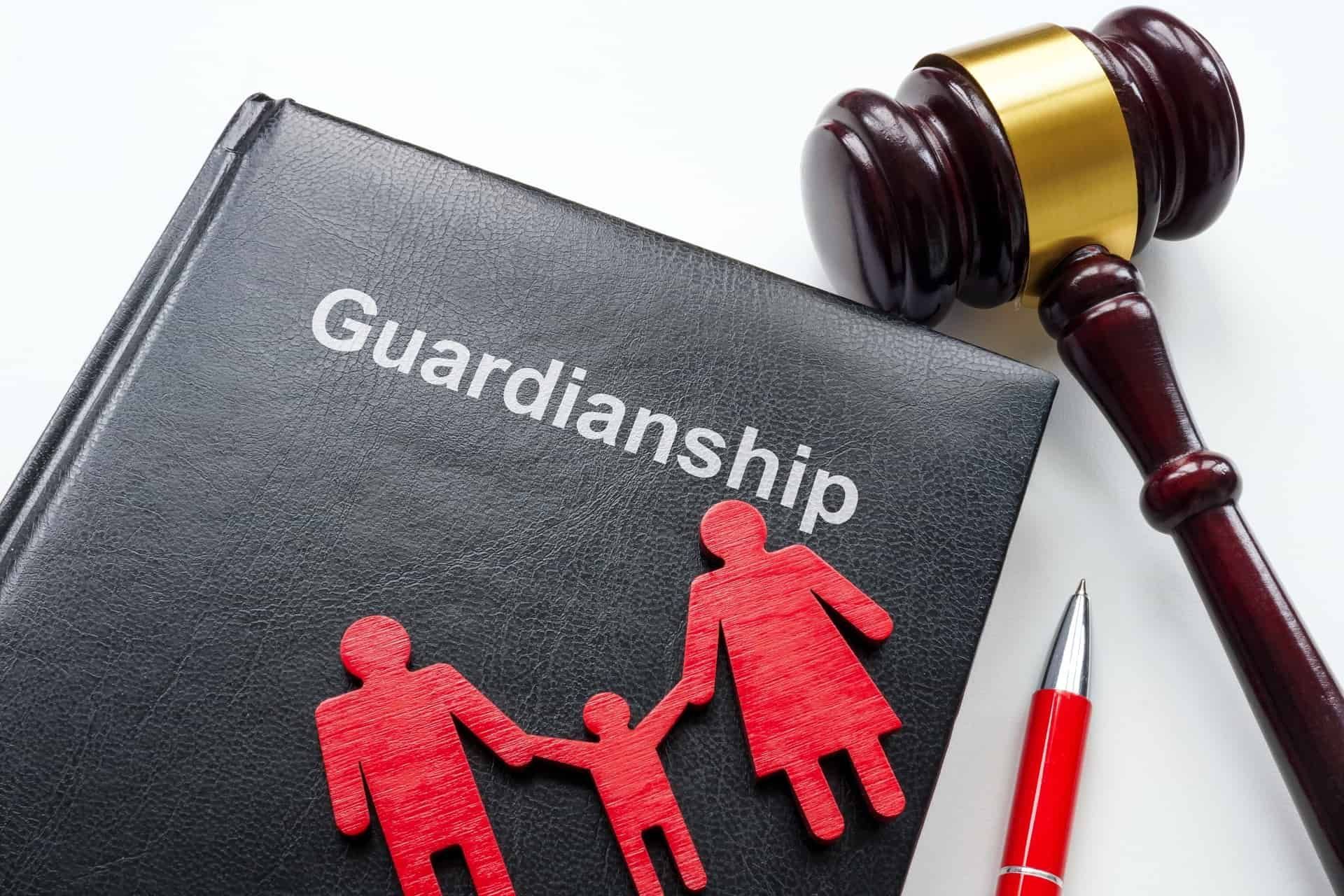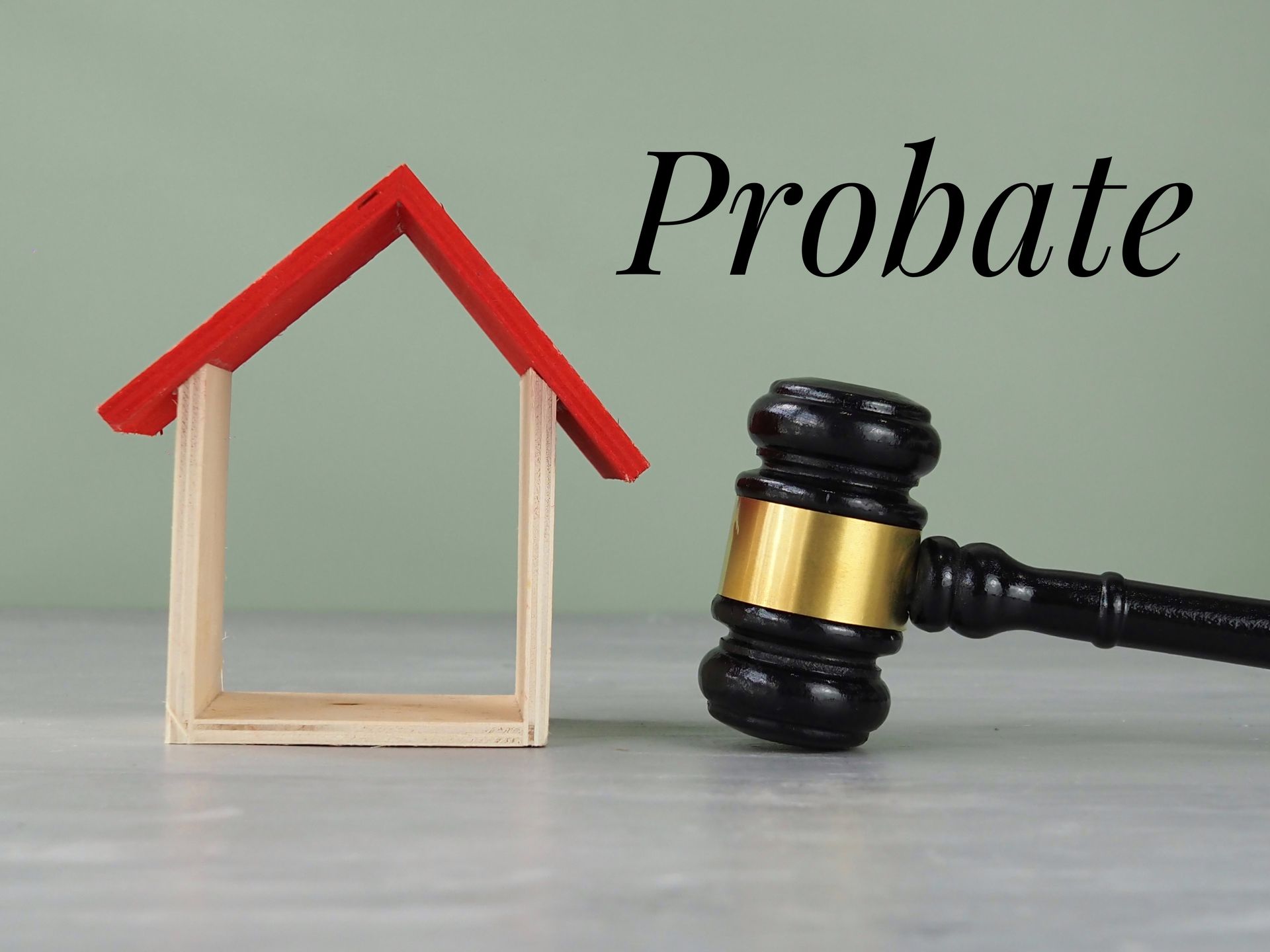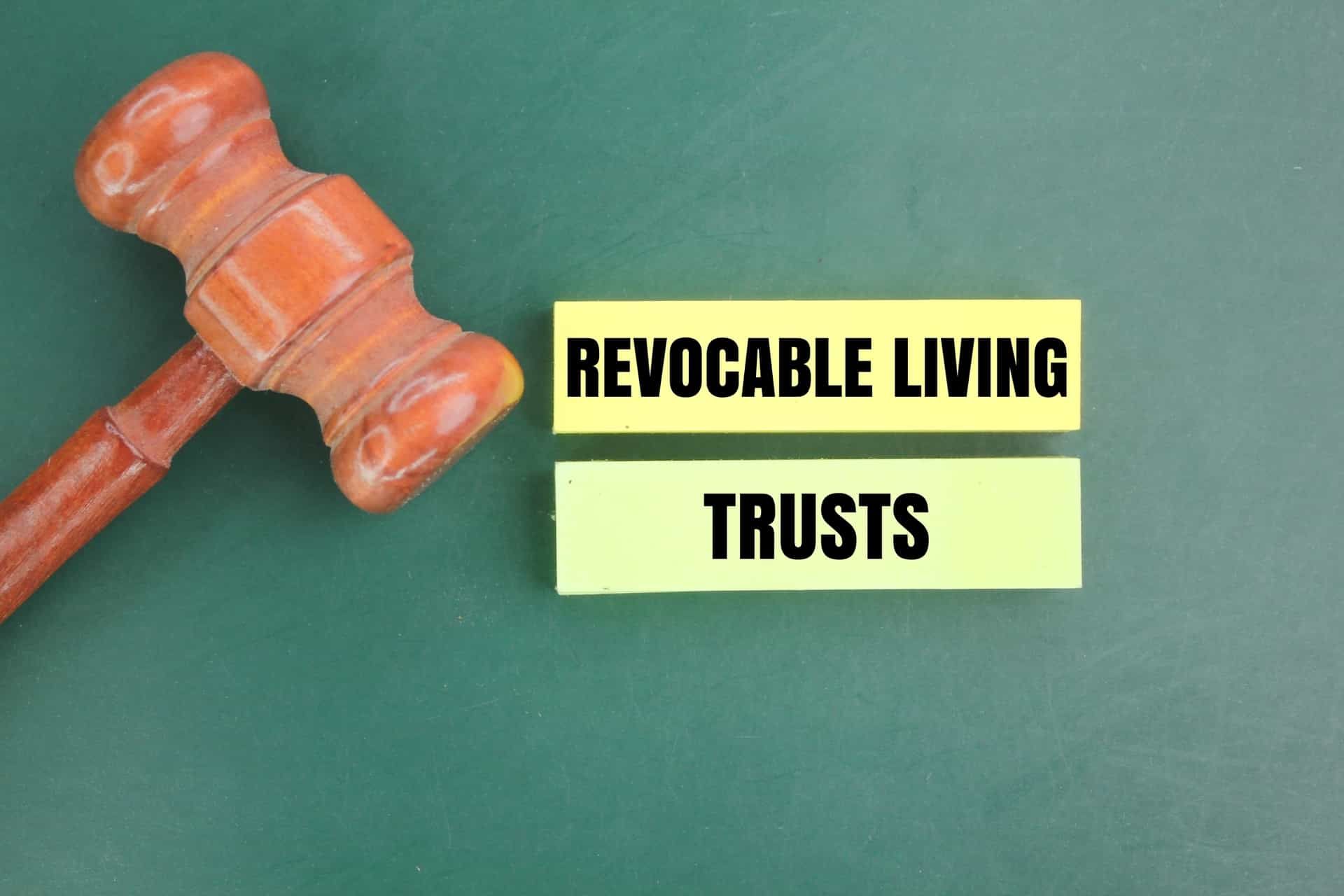What to Do When You’re Dismissed for Want of Prosecution?
Depending on what side of the aisle you’re sitting on, getting dismissed for want of prosecution can be a good or bad thing. If you are the plaintiff in a civil case and your case is dismissed for want of prosecution, it means that the court has decided that you have taken too long to prosecute your case and that the defendant should not have to wait any longer for a resolution. In other words, the court is giving you the boot.
If you are the defendant in a criminal case, however, a dismissal for want of prosecution can be a good thing. It means that the court has decided that the prosecution has taken too long to bring the case to trial and that you should not have to wait any longer for your day in court. In other words, the court is giving the prosecution the boot.
So, whether a dismissal for want of prosecution is good or bad depends on your perspective. But what do you do if your case is dismissed for want of prosecution? Keep reading to find out.
Understanding Dismissed for Want of Prosecution
If you’ve been charged with a crime, and your case gets dismissed for want of prosecution, it means the prosecutor dropped the charges. Usually, this happens because the prosecutor can’t prove the case.
There are a few reasons why this might happen:
1. The witness isn’t cooperating.
2. The evidence is missing or has been destroyed.
3. There’s not enough evidence to convict you of the crime.
If your case is dismissed for want of prosecution, it doesn’t mean you’re off the hook completely. The prosecutor can re-file the charges within a certain amount of time, usually six months.
If you’re facing charges that have been dismissed for want of prosecution, you should speak to an experienced criminal defense attorney as soon as possible. An attorney can help you understand your rights and options and can protect your interests if the prosecutor decides to re-file the charges.
What Is Retaining a Case?
When a case is “retained,” it means that the prosecution has decided to keep the case and move forward with it. In some instances, the prosecutor may have initially decided not to pursue charges but then had a change of heart. In other cases, the prosecutor may have been waiting on evidence or witness testimony before making a decision.
If your case has been retained, it’s important to understand what this means for you and your case. You’ll likely be arraigned within a few weeks and will need to enter a plea. At this point, you should speak to an attorney about your options and how best to proceed.
What Is Reinstating a Case?
When a case is dismissed for want of prosecution, it means that the plaintiff failed to take some required action in the case, such as appearing for a court date, and as a result, the defendant won by default. The dismissal can be reversed, however, through a process known as reinstating the case.
Reinstating a case is a way of undoing the dismissal and starting the case over again from the beginning. In order to do this, you will need to file a motion with the court asking that the case be reinstated. This motion must be filed within a certain amount of time after the dismissal occurred, so it’s important to act quickly.
The requirements for filing a motion to reinstate vary from state to state, but in general, you will need to show that you have a good reason for why the case was dismissed and that you are still interested in pursuing it. For example, if you were unable to appear for a court date because you were hospitalized, you would need to provide documentation of this to the court.
If your motion to reinstate is granted, the case will start over from the beginning as if the dismissal never happened. This means that all deadlines and scheduled court dates will be reset, and you will need to take any required actions, such as serving the defendant with summons, again.
It’s important to note that even if your motion to reinstate is granted, the court may still decide to dismiss the case again if you fail to take required actions in a timely manner. Therefore, it’s important to be sure that you are able to fully participate in the case before you file a motion to reinstate.
Is There a Deadline for Reinstating a Case?
If you want to have your case reinstated after it’s been dismissed for want of prosecution, you’ll need to act quickly. Most courts set a deadline for taking action, and if you miss it, you may lose your right to have the case reopened. Typically, you’ll have 30 days from the date of dismissal to file a motion to have the case reinstated.
Why Reinstate a Case?
There are many good reasons to have your case reinstated if it’s dismissed for want of prosecution. First, the dismissal will go on your record and could make it difficult for you to get your case heard in the future. Additionally, a dismissal could negatively impact any potential settlement you might receive.
Reinstating can also ensure that the statute of limitations doesn’t run out on your case. If you don’t take action to have the case reinstated, you may lose your opportunity to seek compensation for your injuries.
How to Reinstate Your Case
If you want to have your case reinstated, you’ll need to file a motion with the court that issued the dismissal. In your motion, you should explain why you missed your court date and why you believe your case should be reinstated. You’ll also need to pay a filing fee and have the motion served on the prosecutor.
If the court grants your motion, you’ll be given a new court date. If the court denies your motion, you may be able to appeal the decision.
When to Seek Legal Help
If your case is dismissed for want of prosecution, you should talk to a criminal defense attorney as soon as possible. An attorney can help you file a motion to reinstate your case and can represent you at any future hearings. Additionally, an attorney can let you know what other options might be available to you.
Call Doane & Doane Today
At Doane & Doane , we can provide you with the legal counsel you need to have your case reinstated. If you require any other representation regarding dismissed for want of prosecution, we can help.
You can reach us directly at 561-656-0200 or fill out our online contact form.
Note :
The information in this blog post is for reference only and not legal advice. As such, you should not decide whether to contact a lawyer based on the information in this blog post. Moreover, there is no lawyer-client relationship resulting from this blog post, nor should any such relationship be implied. If you need legal counsel, please consult a lawyer licensed to practice in your jurisdiction
Disclaimer: The information on this website and blog is for general informational purposes only and is not professional advice. We make no guarantees of accuracy or completeness. We disclaim all liability for errors, omissions, or reliance on this content. Always consult a qualified professional for specific guidance.
RECENT POSTS






